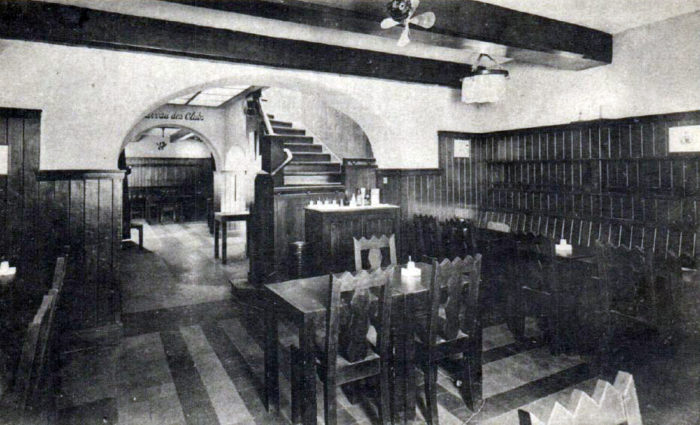PARLOR: This formal room is decorated with period wallpaper and a patterned reproduction carpet. Arched niches were built by Mr. Alcott to display busts of his favorite philosophers, Socrates and Plato. Family portraits of Mr. and Mrs. Alcott and watercolors by May Alcott adorn the walls. On May 23, 1860,
Anna Alcott, the model for Meg March, was married to John Bridge Pratt beneath an arbor in this room.

DINING ROOM: Family conversations about abolitionism, women's suffrage and social reform were often held around the dining room table. The Alcotts were vegetarians and harvested fruits and vegetables from the gardens and orchards found on the twelve acres of property. Family china, portraits of Elizabeth and Louisa, and paintings by May are displayed along with period furnishings. The Alcotts performed theatricals using the dining room as their stage while guests watched from the adjoining parlor.
LOUISA'S CHAMBER: A room of her own had always been a priority for Louisa. With her often turbulent emotions, her vivid, romantic imagination, and her constant preoccupation with her family's welfare, she needed a haven in which to escape, where she could find solitude and where she could write. Louisa's father built her a half-moon desk between two windows and a bookcase to hold her favorite books. May painted a panel of Calla lilies beside the desk and an owl on the fireplace.

KITCHEN: "All of the philosophy in our house is not in the study, a good deal is in the kitchen, where a fine old lady thinks high thoughts and does good deeds while she cooks and scrubs." (LMA Journal December, 1860). Mrs. Alcott, Louisa, Anna and May prepared and preserved food, and washed and ironed laundry in this room. Original features include the soapstone sink given to Mrs. Alcott by Louisa, a hot water reservoir, and a drying rack designed by Mr. Alcott for laundry. Mrs. Alcott's bread board, mortar and pestle, tin spice chest and wooden bowls are displayed on the Hutch table and countertops.
STUDY: "If in Emerson's study perpetual twilight reigns," wrote a visitor to Orchard House in 1874," in Alcott's it is always noon. The great sun shines in it all day, the great fireplace roars, and the warm crimson hangings temper the sunlight and reflect the firelight. Quaint mottoes and pictures hang on the walls." Mr. Alcott's books fill the shelves and the room is furnished with his library table, chair and desk. The Concord School of Philosophy, an adult, co-educational summer school led by Mr. Alcott, first met in this room until a larger building adjacent to Orchard House was constructed in 1880.


.jpeg)

















.jpeg)


.jpeg)




































